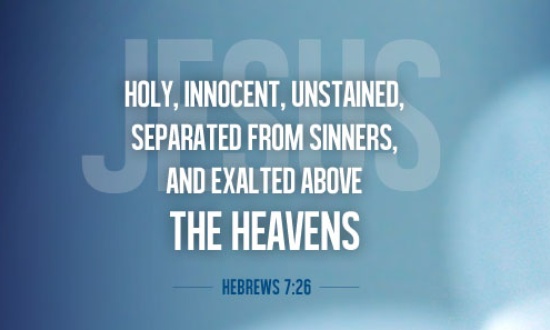No one ever says, “If you want to be a great athlete, go vault eighteen feet, run the mile under four minutes,” or “If you want to be a great musician, play the Beethoven violin concerto.” Instead, we advise the young artist or athlete to enter a certain kind of overall life, one involving deep associations with qualified people as well as rigorously scheduled time, diet, and activity for the mind and body.
But what would we tell someone who aspired to live well in general? If we are wise, we would tell them to approach life with this same general strategy. So, if we wish to follow Christ—and to walk in the easy yoke with him—we will have to accept his overall way of life as our way of life totally. Then, and only then we may reasonably expect to know by experience how easy is the yoke and how light the burden.
Some decades ago there appeared a very successful Christian novel called In His Steps. The plot tells of a chain of tragic events that brings the minister of a prosperous church to realize how unlike Christ’s life his own life had become. The minister then leads his congregation in a vow not to do anything without first asking themselves the question, “What would Jesus do in this case?” As the content of the book makes clear, the author took this vow to be the same thing as intending to follow Jesus—to walk precisely “in his steps.” It is, of course, a novel, but even in real life we would count on significant changes in the lives of earnest Christians who took such a vow—just as it happens in that book.
But there is a flaw in this thinking. The book is entirely focused upon trying to do what Jesus supposedly would do in response to specific choices. In the book, there’s no suggestion that he ever did anything but make right choices from moment to moment. And more interestingly, there is no suggestion that his power to choose rightly was rooted in the kind of overall life he had adopted in order to maintain his inner balance and his connection with his Father. The book does not state that to follow in his steps is to adopt the total manner of life he did. So the idea conveyed is an absolutely fatal one—that to follow him simply means to try to behave as he did when he was “on the spot,” under pressure or persecution or in the spotlight. There is no realization that what he did in such cases was, in a large and essential measure, the natural outflow of the life he lived when not on the spot.
Asking ourselves “What would Jesus do?” when suddenly in the face of an important situation simply is not an adequate discipline or preparation to enable one to live as he lived. It no doubt will do some good and is certainly better than nothing at all, but that act alone is not sufficient to see us boldly and confidently through a crisis, and we could easily find ourselves driven to despair over the powerless tension it will put us through.
The secret of the easy yoke, then, is to learn from Christ how to live our total lives, how to invest all our time and our energies of mind and body as he did. We must learn how to follow his preparations, the disciplines for life in God’s rule that enabled him to receive his Father’s constant and effective support while doing his will. We have to discover how to enter into his disciplines from where we stand today—and no doubt, how to extend and amplify them to suit our needy cases.
Excerpt from The Spirit of the Disciplines by Dallas Willard, HarperCollins, 1990, p. 8-9.

